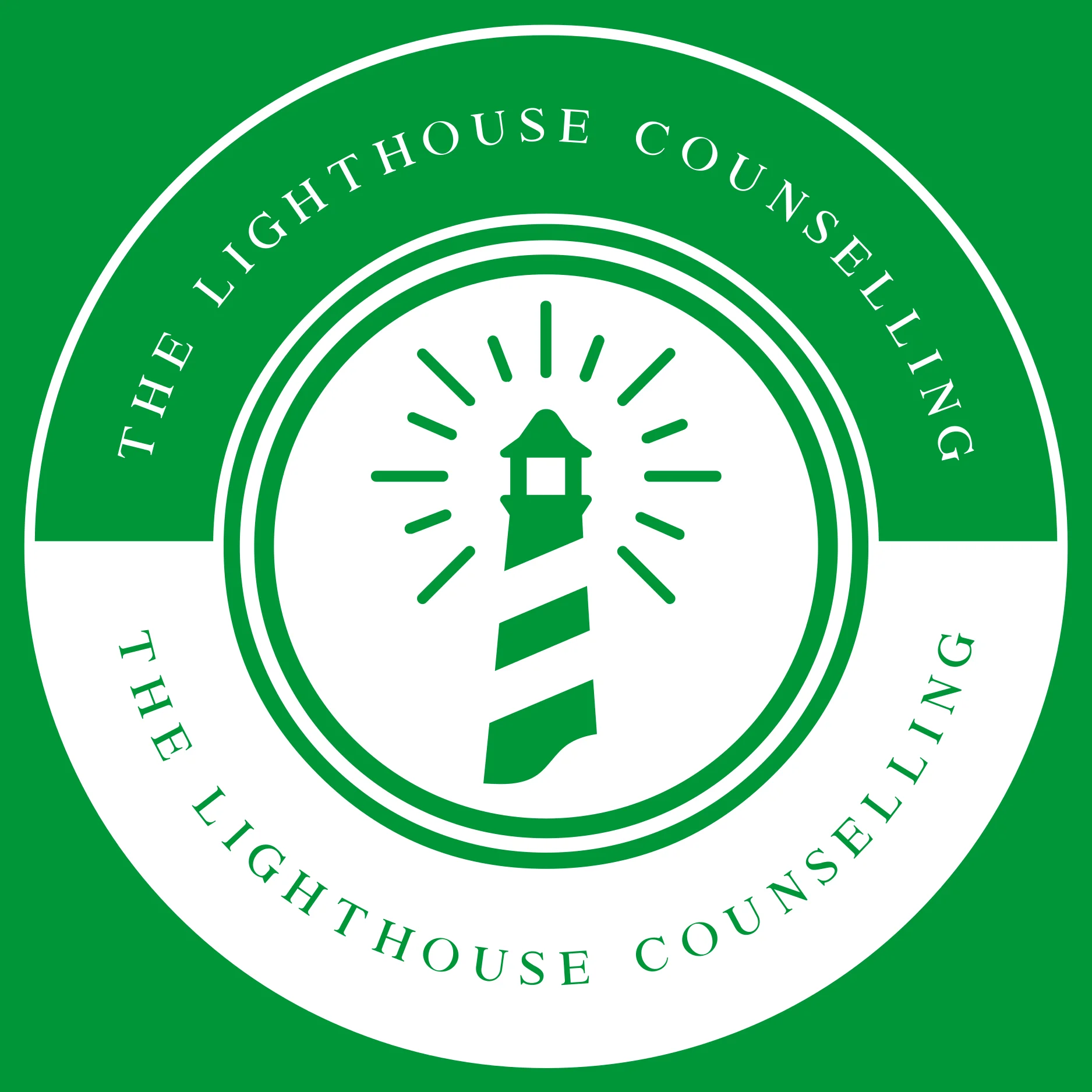Counselling can sometimes be looked at as being this mysterious thing that people go to when they have serious mental health problems.
Over my years of training and in practice, the idea of counselling and what a counsellor does, has become clearer to me.
You’d hope so by now right?
But it made me wonder how many other people might wonder about role or what counselling is really like.
I’d like to answer some myths and explain to you, my thoughts and feelings around these from my experience and training.
The counsellor is the person who can ‘fix’ the person’s problems because they are the ‘expert’.
I’d say no to that, but it depends on the type of counsellor you visit as to whether they are an expert. I personally am trained to work with the person-centred approach to counselling, so I am not an expert, or shouldn’t be viewed as one. I believe that everyone has the ability to access recourses to help themselves. The part where people can often struggle is you not being supported to be you. The real you. People are judgemental or you feel as if they want you to be a certain way. I allow you to be you, and I accept you as you are, whatever version of you, you bring to me in therapy.
Carl Rogers’ necessary and sufficient conditions are the base to how I work with you, my client. Being real, accepting and non-judgemental, as well as showing you empathy, is how I am as a counsellor.
The expert on your life is you, not me. ‘Fixing’ doesn’t happen from me, it is a process of change that can happen if you want it to as a result of our relationship, and working together to look at your life, thoughts and feelings.
So unlike Coldplay who will "try to fix you". I won't
That’s great but my friends are wonderful and won’t judge me. Isn’t talking to them just as good?
Talking to friends is brilliant and if you have that support, it really can help you. Where counselling is different though is that your friend is exactly that….. a friend. They don’t necessarily see things from an external perspective on your life like I would. They may try and
tell you what you should or could do about your issue because your friend knows you, they want to help. What they tell you to do may not be right for you.
Your friend might not be honest with you either, to protect you. In a similar way to trying on a dress when out shopping and you ask your friend their opinion, “ohhh it looks lovely” comes the reply when really it doesn’t suit you at all and it looks awful.
I, as a counsellor will be real with you and tell you it looks awful that is kind and comfortable with you, based on our relationship.
Sorry males reading this, the dress shopping analogy doesn’t really work for you. What about your mate’s new car that you can’t stand, would you tell them? Hopefully this works in the same way…
They may have been your friend for years, but could you trust them to keep EVERYTHING a secret?
There may be some people who you’d rather not know about what’s going on for you. I am bound ethically to keep that secret from anyone - aka confidentiality. So no one else would know, just you and I.
As George Ezra sung in Budapest “friends and family, they don’t understand”
A counsellor should always look at a client’s past
A counsellor should never look at a client’s past

I am going to look at both of these together, which makes most sense to me. I’ve told you a bit about how I work already, and with the person-centred approach that I work with, the content of the sessions are down to you, the client. If you think that your past may be relevant to our session, then by all means, this can be explored. If it’s not relevant to you, and what you’ve brought to the session, then the past is where it will stay.
It’s completely down to you.
Just talking won’t solve the issues
Sometimes, like a colleague of mine does, and I often do, whilst talking about the issue a solution is found. I wouldn’t say this was the norm but it does happen. More often the issue is thought about again outside of the counselling session. It is viewed
differently after talking about it in therapy, as it s reflected back to you during the session. It’s like the counsellor (me) holds a mirror up to you, so you can see things as I see them. Any possible changes are then thought about or made outside of our sessions. I’ll be there as
support whilst you think about or make the changes, so you won’t be doing it alone.
I hope that these have explained things a little bit for you and demystified counselling somewhat. If you have any more questions or myths you'd like me to explore in a future blog post, feel free to email me at emily@thelighthousecounselling.co.uk or message me on Facebook/LinkedIn.
Thanks for reading.
